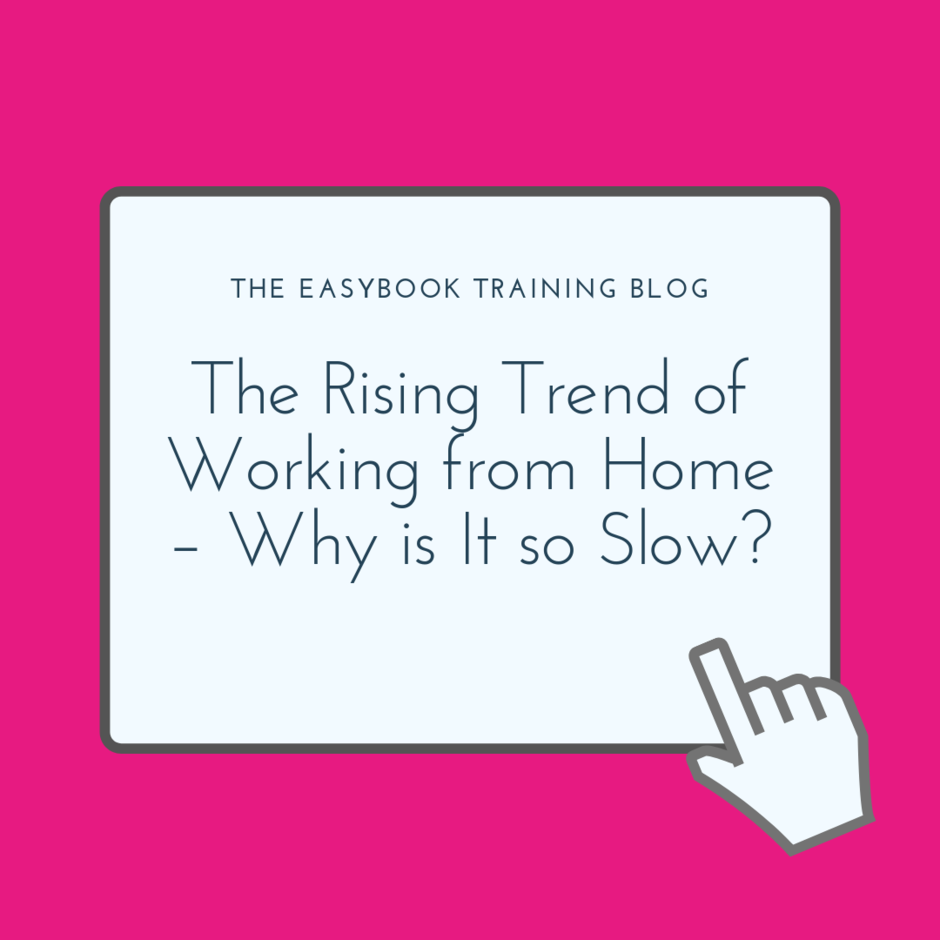
In the last ten years, the number of employees working from home has grown, but we are decades away from practical, flexible working situations.
Currently, we possess the most educated population. Today’s workforce is comfortable with both mobile devices and the computer. Likewise, the younger generation is groomed to work with deadlines and study independently.
In spite of this reality, many companies opt for the factory-style model that monitors attendance. By our estimation, more than 4 million people are looking to get a chance to work from home should the opportunity present itself. When it comes to the morale and motivation to engage the concept of homeworking employees, lack of trust plays a vital role.
The impact becomes more apparent when the job market isn’t favourable. In such situations, employers focus on keeping and attracting top talents. One of the ways employers can achieve this is to offer a well-organised, homeworking opportunity. Such a gesture will help both staff and employers achieve a productive working environment.
The most common reason is the outdated managerial attitude. Most employers tend to cite the General Data Protection Regulation (GDPR). However, the GDPR issues can be solved with simple measures. Also, the government plays a role in how employers approach homeworking. For instance, certain parts of the UK faces broadband problems. Lastly, homeowners are a factor, as well. Statistics show that 73% of owners are more likely to work from home compared to renters. Unfortunately, since the crash, the number of homeowners is down by a million.
There are several reasons that prompt people to work from home. While some people prefer to avoid distraction while working, employers should endeavour to embrace broader work cultures. Transportation cost, as well as the stress that comes with it, can be avoided by working from home. People who would prefer to work on both caring duties and office obligations simultaneously will enjoy working from home. Homeworking also enables people with disability the opportunity to work effectively from the comfort of their homes. Currently, there are more than a million people with a disability that would embrace homeworking opportunities.
Below are some of the current patterns associated with homeworking:
The apparent reason has to do with the status of employment. For instance, managers are better positioned to work from home, unlike the average employee. Records show that administrative works do not often get to work from work despite their job being mostly computer-based. Only about 5.2% of administrative workers engage in homeworking. The worst record for home working is for elementary workers, with only 1.7% of them in the homeworking sector. Although not all jobs can be done from home, the employer should not make that an excuse to refuse the opportunity to engage the jobs that can be done from home.
It is important to note that the employer will benefit should they give in to workers call for flexibility. However, they should take caution not to give too much. In most cases, both employers and employees reap the benefit of homeworking. Employees tend to get more time with their family, while employers can keep their experienced staff and increase productivity. Most employers need to embrace the new paradigm of work and trust their workers to perform while working from home.